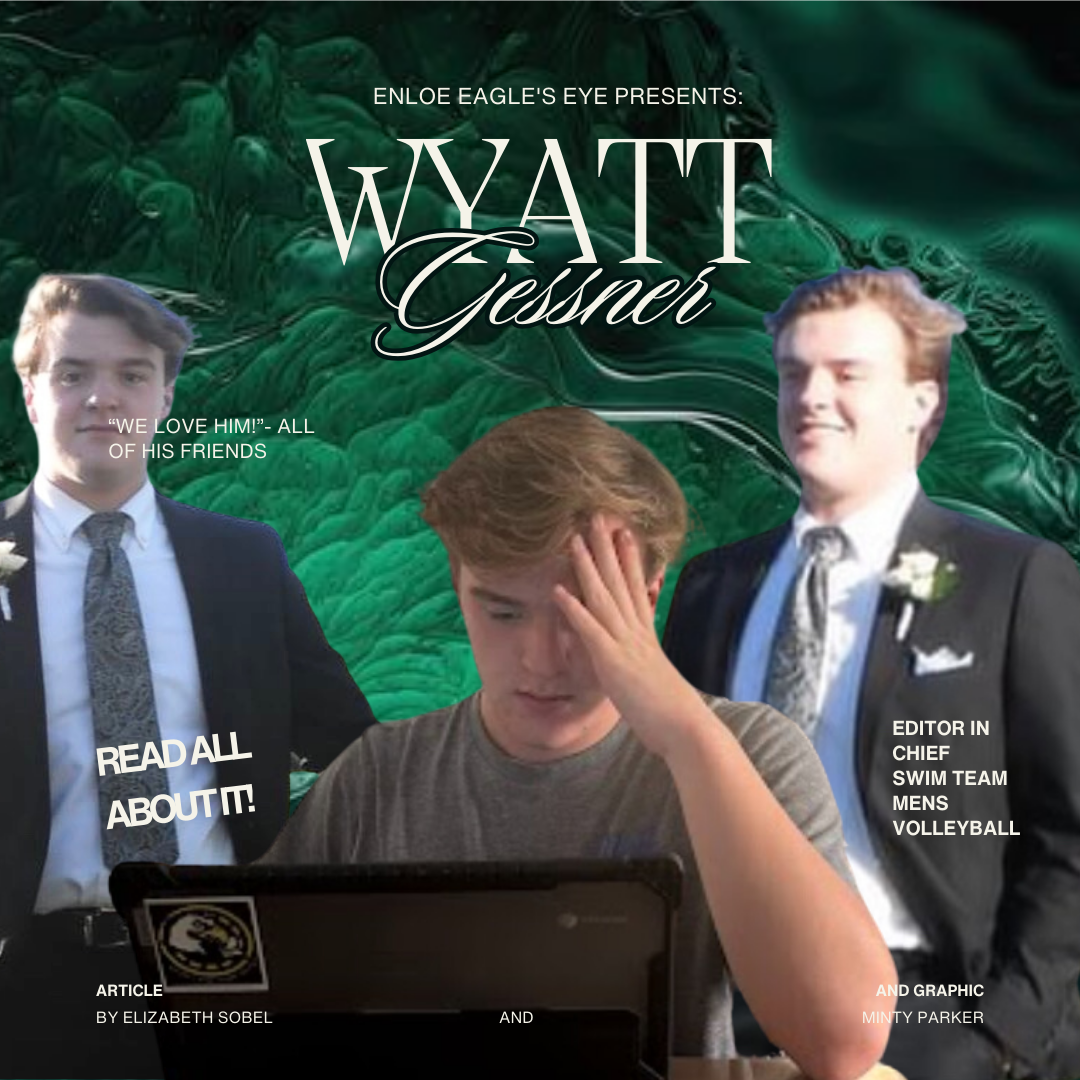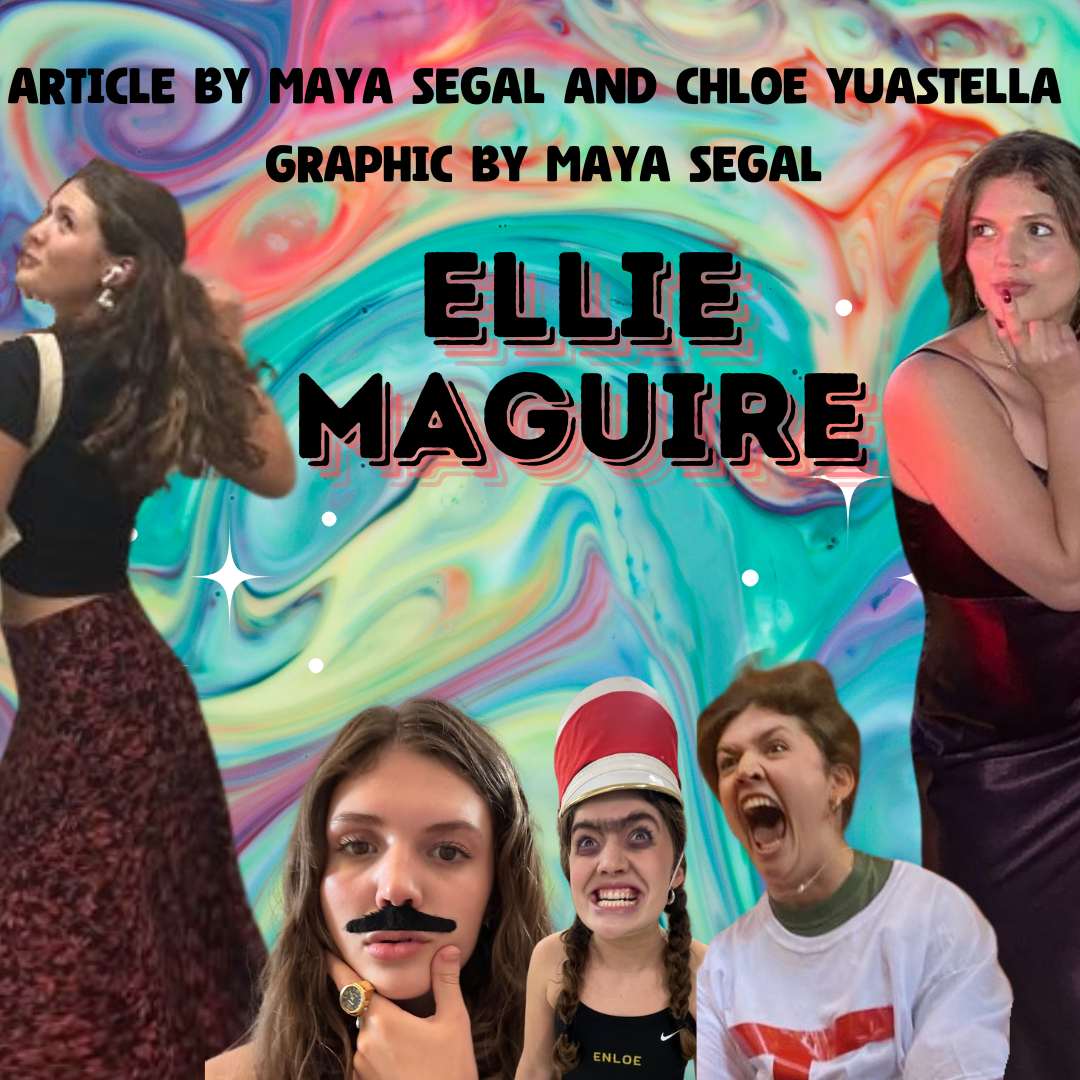Black contributions to human history are deeply woven into our shared past, present, and future. As we are in Black History Month, it is critical to understand that Black history is not limited to a single narrative or geographic location—it is undoubtedly world history. In exploring international significance, we journey across continents and periods, encountering figures whose legacies have left a lasting mark on human history. Among them are Patrice Lumumba, a symbol of African freedom; Fatima Bernaw, a pioneer of Palestinian feminism; and Arturo Schomburg of Santurce, a tireless campaigner for Afro-Latino history. These luminaries, each with their own story and contribution, highlight Black history’s interconnectivity to the larger tapestry of our shared human experience.
Patrice Lumumba–The First Prime Minister of a Liberated Congo: An advocate for pan-Africanism and the decolonization of Congo. He was born on July 2, 1925, in the Omalur village, Sankuru District, Kasai Province, Belgian Congo. He was of the Tetela ethnic group, which primarily inhabits west-central Congo. They speak a Bantu language. In adulthood, Lumumba moved to Stanleyville, where he was provincial president of the Association de Personnel Indigene de la Colonie and a magazine contributor. Lumumba attended the first Pan-African conference in Accra, Ghana, in 1958, where he met the President of Ghana, Kwame Nkrumah. He is said to be the first leader to openly call for Congo’s independence at a political rally in December of 1958. He helped found The Movement National Congolais. He was assassinated in 1961, less than a year after Congo’s independence.
Fatima Bernawi: Born in Jerusalem in 1939 to a Nigerian father and a Palestinian-Jordanian mother, Bernawi’s life and political perspectives were shaped by the nakba (the violent displacement and disposition of Palestinians), which she experienced at age nine. She went on to join the newly formed Fatan movement and nearly carried out an attack on an Israeli establishment frequented by occupation forces (IOF). Fatima was jailed and sentenced to life in prison, making history as the first woman to be arrested by the IOF. She spent many years in jail before being released in a prisoner exchange. Like most Palestinians, her time in Israeli detention did nothing but increase her resolve. Bernawi eventually worked closely with Yasser Arafat to set up the Palestinian women’s police in Gaza, which, by 2022, would consist of 532 officers. Residing in Egypt, Bernawi campaigned for the right to a free Palestine until she died in November of 2022.
Arturo Schomburg of Santurce: Born in Santurce, Puerto Rico, Arturo Alfonso Schomburg was a collector of books and manuscripts about Black history and culture whose collection formed the basis of the Schomburg Center for Research in Black Culture. As a young man, he was an active supporter of Cuban and Puerto Rican independence, cofounding the political club Las dos Antillas; later, he was involved in several organizations devoted to promoting African American research and scholarship, including the Negro Society for Historical Research and the American Negro Academy. Drawing on his extensive collection of books and historical documents, Schomburg wrote articles on the history of the African diaspora for major Black periodicals, including The Crisis, Opportunity, Negro World, and the New York Amsterdam News. In 1926, Schomburg sold his collection to the New York Public Library to support the 135th St. Branch Library’s burgeoning collection of Black culture. Schomburg passed away in 1938 after falling ill from a dental infection.
As we conclude our exploration of Black people and cultures, it is evident that Black history has an unbreakable connection to world history. Black people’s stories, hardships, and achievements have created societies, affected cultures, and added immeasurable value to the worldwide fabric of human existence. Recognizing and celebrating Black history is more than just an issue of diversity and inclusion; it is an acknowledgment that our shared journey is inextricably linked to the tenacity and inventiveness of Black pioneers. Understanding and accepting this interrelated narrative promotes a world in which every voice is heard, every story is respected, and every accomplishment is honored, resulting in a more prosperous and harmonious future.









